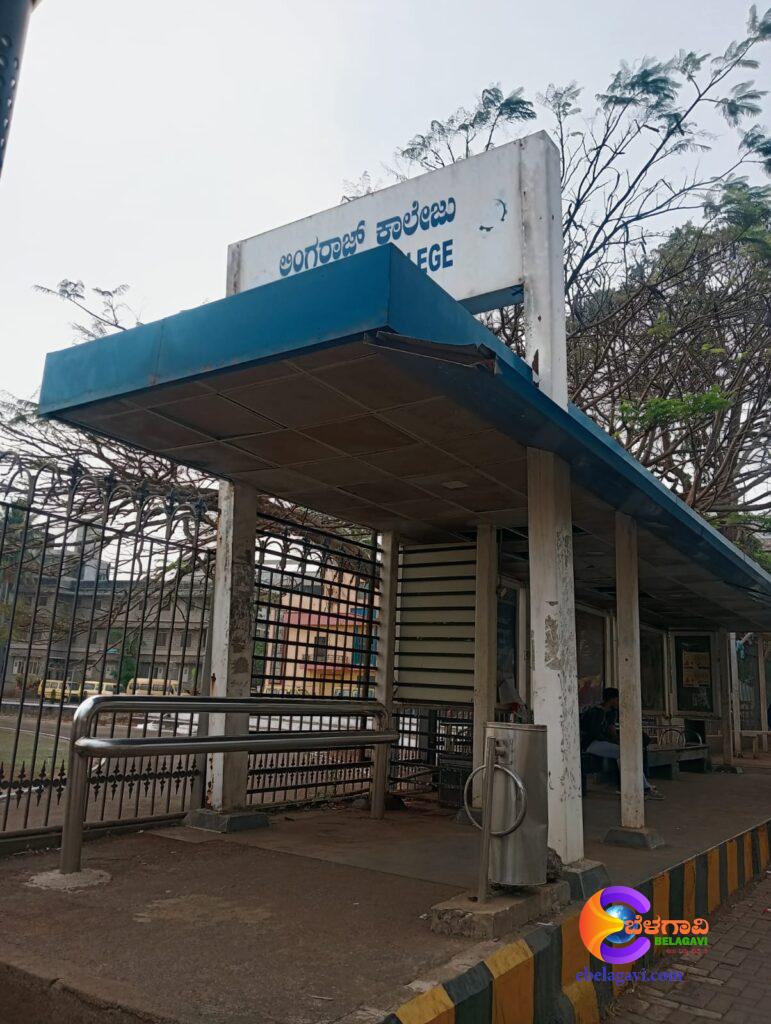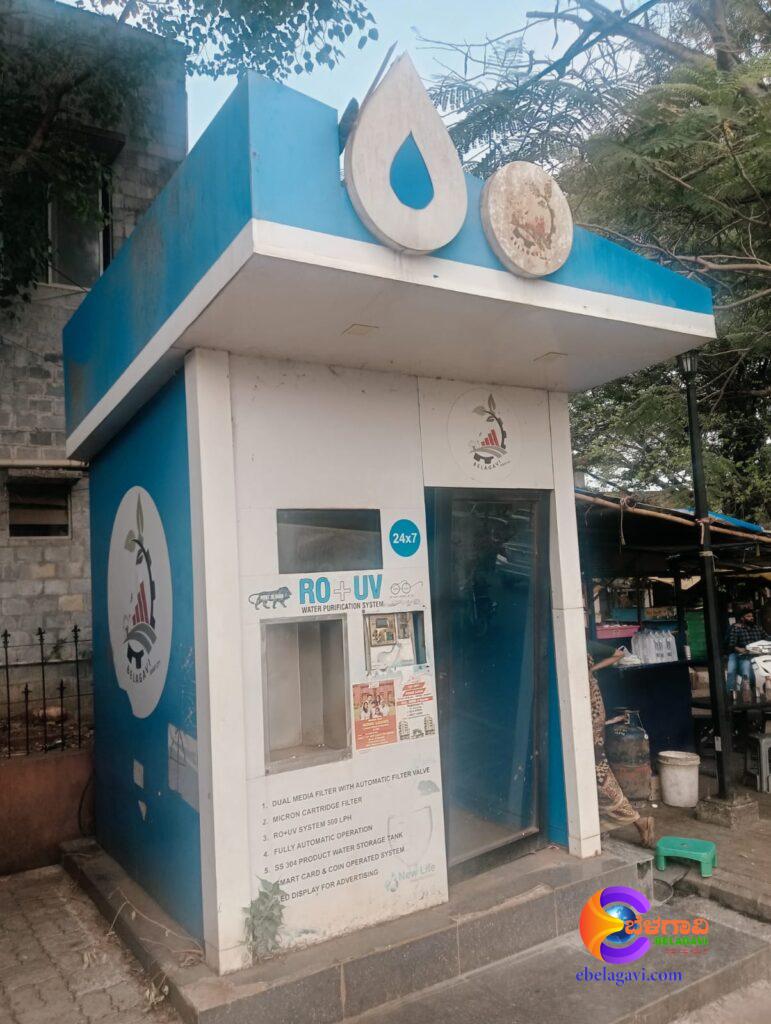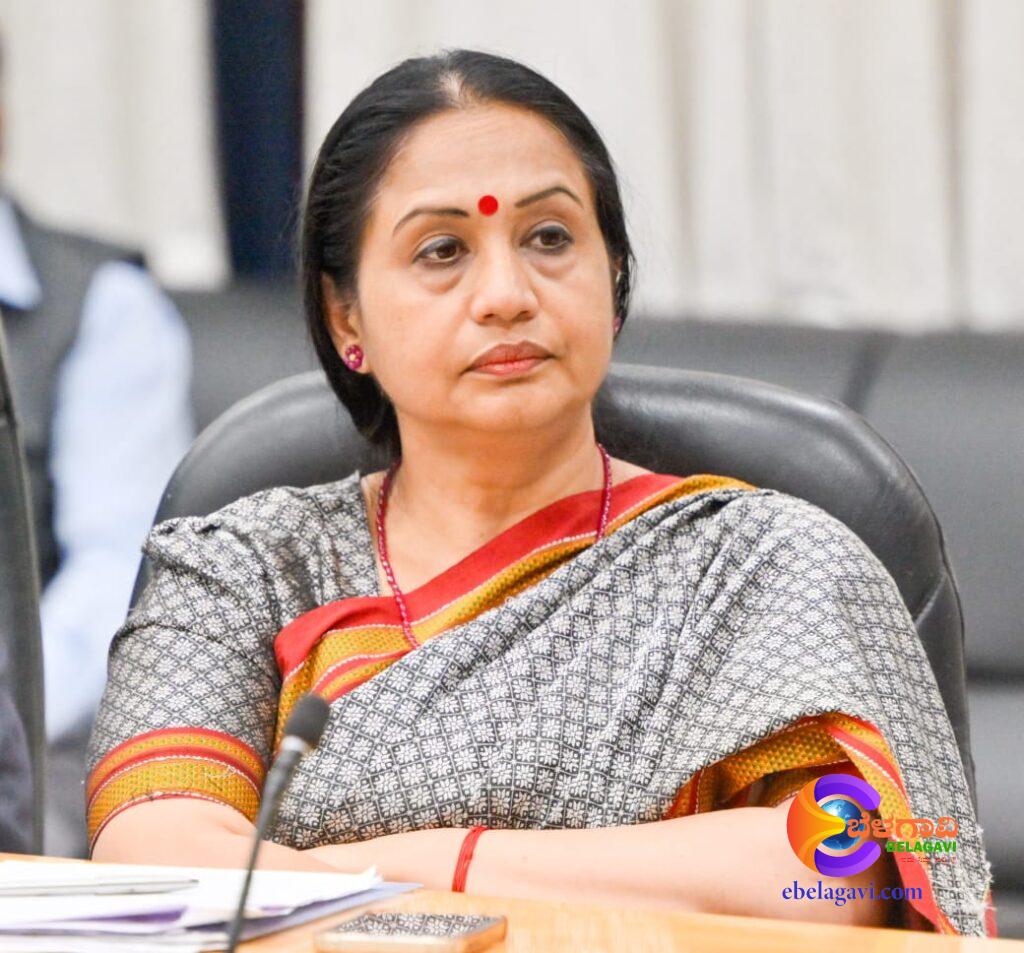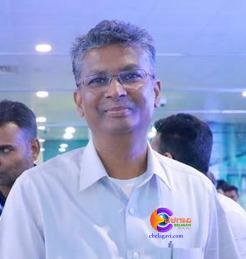Belagavi Swallows ₹960 Crore Yet Remains Far from Smart
Belagavi
Despite the Smart City project bringing hope to the people of Belagavi, the reality presents a picture of disappointment.
Although nearly ₹900 crore has been invested in various Smart City initiatives, issues such as poor maintenance, negligence, and administrative apathy are clearly evident.

Despite the central government allocating significant funds for the ambitious Smart City project in Belagavi, ineffective execution has led to a failure in meeting public expectations. This raises a crucial question—was this truly a people-centric project, or just another example of bureaucratic negligence?
A reality check conducted by Samyukta Karnataka revealed shocking facts. While some progress is visible in the southern part of the city, the northern region has seen little to no Smart City development efforts.
So far, Belagavi has spent ₹960 crore in the name of Smart City development. But where is this development? What is its current state? A closer look at the situation paints a grim picture.
This raises a major dilemma—did the Smart City authorities fail, or was it wrong to hand over the projects to the Belagavi City Corporation and other agencies without proper planning and assessment?
Smart Bus Shelters Turn into Cattle Sheds!

One need not look far to understand the state of Smart City projects in Belagavi.
Under this scheme, 39 smart bus shelters were constructed in key locations, including Chennamma Circle and near the District Collector’s office. At least ₹15 lakh was spent on each shelter.
However, their current condition is shocking—even cattle refuse to stand there! Some shelters leak during the rainy season, and strong winds pose a threat of collapsing structures.
When questioned, Smart City officials claimed they had properly handed over the shelters to the municipal corporation, blaming the poor maintenance on the local authorities.
If these shelters had been effectively managed, they could have generated revenue through digital advertisements. Unfortunately, they now stand in ruins.
Drinking Water Units Covered in Dust

The Smart City plan included 13 purified drinking water units that initially benefited the public. People could get 1 liter of water for ₹1, and each unit was set up at a cost of ₹8 lakh.
Later, the Smart City authorities transferred these units to the municipal corporation. However, their current condition is worrisome—the machinery is rusting, dust has covered the units, and glass panels are broken.
Surprisingly, when these units were handed over, the municipal corporation was given ₹1 lakh in ₹1 coins as operational capital. Yet, poor management has rendered these facilities useless.
Smart Schools in Ruins!
The idea behind Smart Schools was to attract children to government schools by providing modern facilities such as LED screens and digital classrooms. However, due to poor maintenance, many of these schools are now in a state of neglect.
Interestingly, only the Digital Library in South Belagavi appears to be functioning well, while the overall situation of parks and gardens also remains unimpressive.
Lights Stolen from Kote Kere Lake!

During her tenure as District Collector, Dr. Shalini Rajneesh had big dreams for the development of Kote Kere Lake. After becoming the Chief Secretary of Karnataka, she revisited Belagavi multiple times during the legislative session, ensuring repair work directives were issued.
Under the Smart City project, multi-crore colorful lights were installed around the lake. However, some thieves have stolen not just the decorative lights but even the electrical wiring!
Some Notable Achievements
Despite several failures, not everything under the Smart City project has been a disaster. Some infrastructure improvements have been made, including:
Renovation of pedestrian pathways
Redevelopment of key roads
Expansion of green spaces in selected areas
Improved garbage disposal systems
Development of digital services, CCTV installations, and multi-service centers
Heavy Failures Weigh Down the Project
However, the failures outweigh the successes:
Many road development projects remain incomplete
Footpaths have been constructed, but their quality is questionable
Announced sewage system improvements remain unfinished
Bus shelters and drinking water units are in disrepair
Public toilets are poorly maintained, making them unusable
Waste management problems have led to increasing garbage piles
Weak traffic control has resulted in worsening congestion
A Shattered Dream
Four years ago, when the Smart City vision was introduced, the citizens of Belagavi eagerly awaited a better future. However, today, that dream has crumbled.
Without strong governance, efficient administration, and proper maintenance, the concept of a Smart City remains unfulfilled. Only when each project truly delivers results can Belagavi be called a Smart City.
Smart City Project Overview
Total Projects: 107
Completed Projects: 102
Projects Handed Over: 97
Belagavi Among 18 Cities Chosen for Smart City Stage 2
The Smart City project officially ended on March 31, leaving only 20 staff members managing it. However, Belagavi is one of 18 cities selected for the next phase, Smart City Stage 2.
This means Belagavi will receive an additional ₹135 crore as a loan. However, since the initial phase has ended, a video conference will be held by central ministers to discuss future directions.
With Smart City Stage 2 extending until 2028, staff reductions are likely, and half of the existing employees may be let go.
- Syeda Afrina Banu, Managing Director, Smart City, Belagavi









